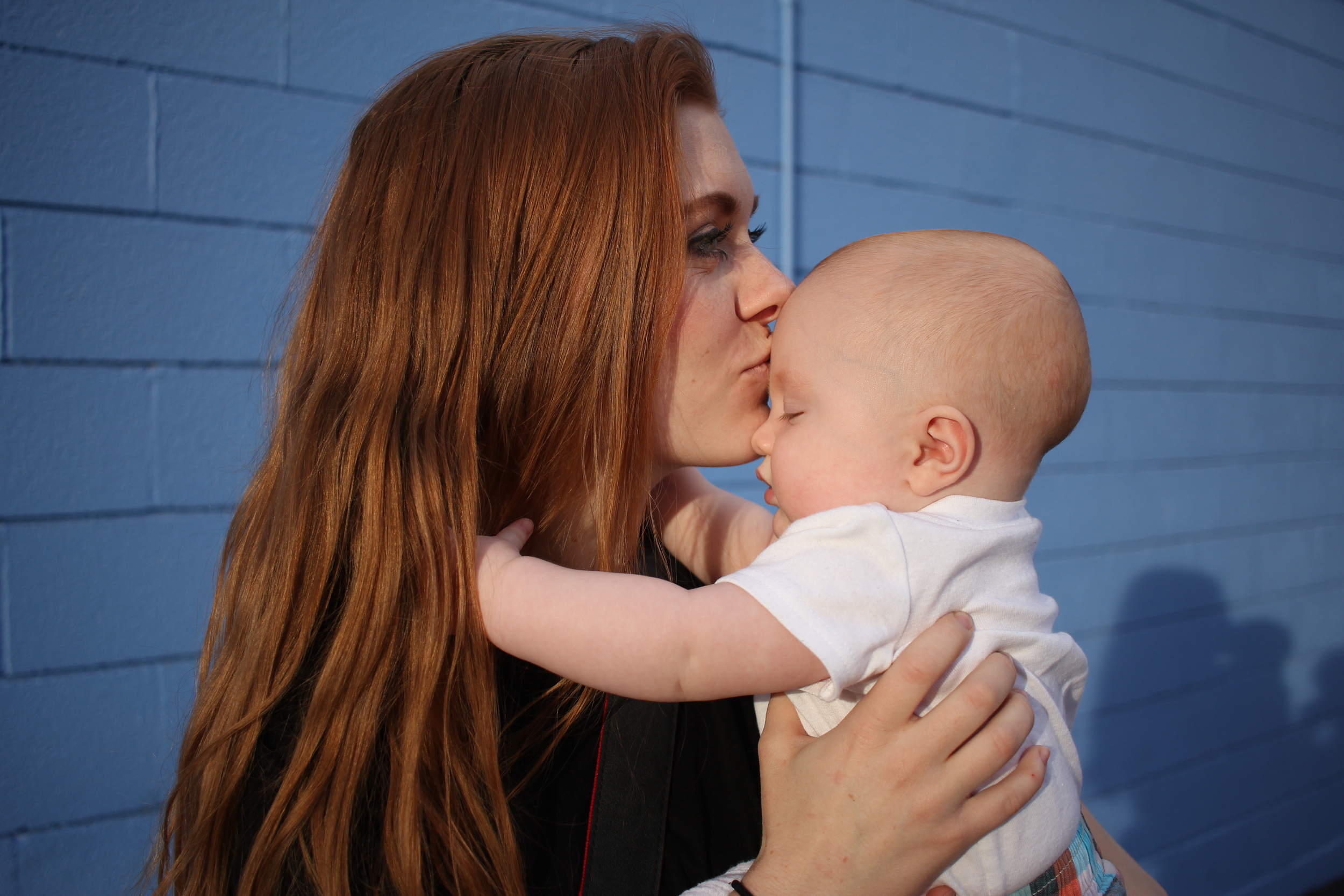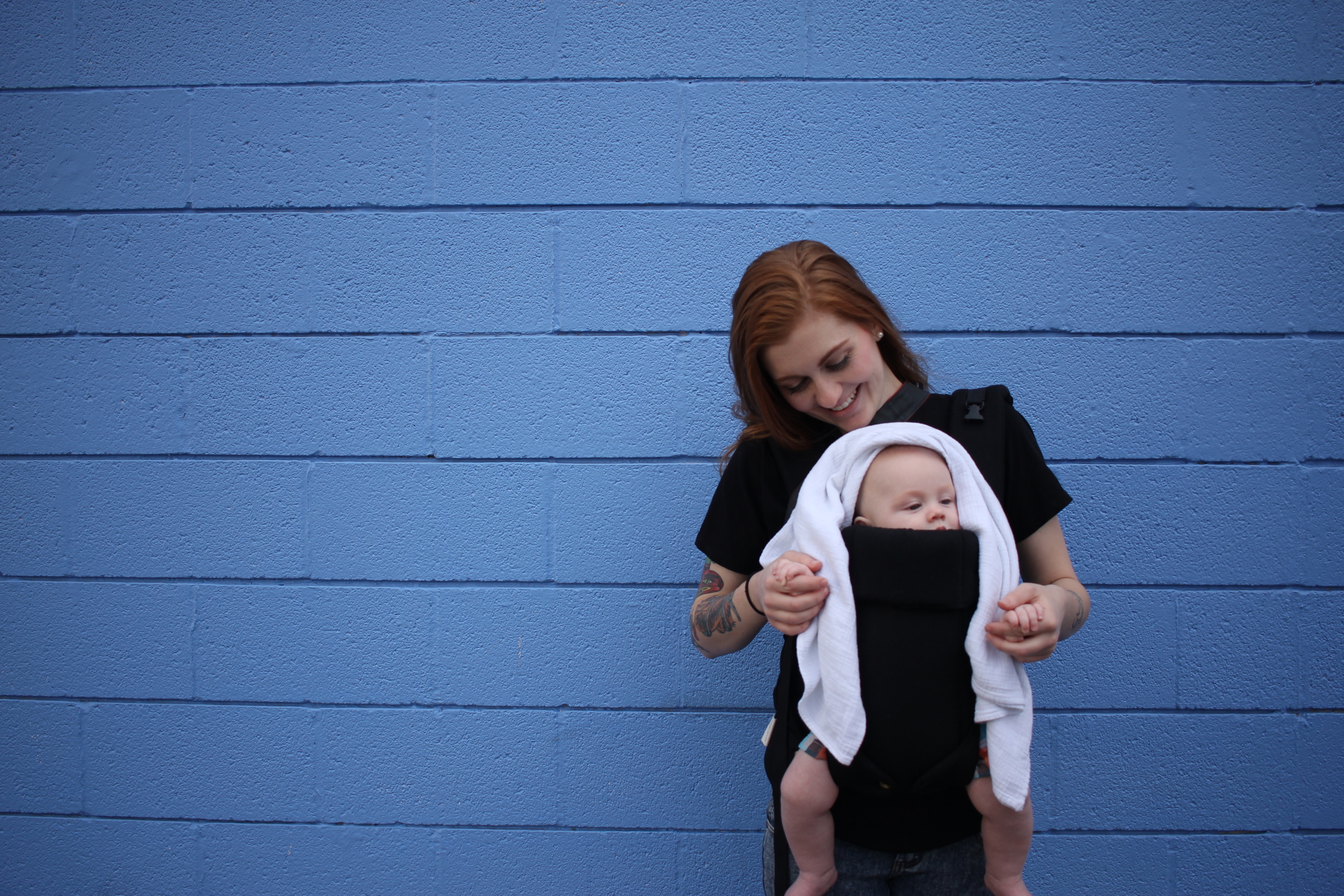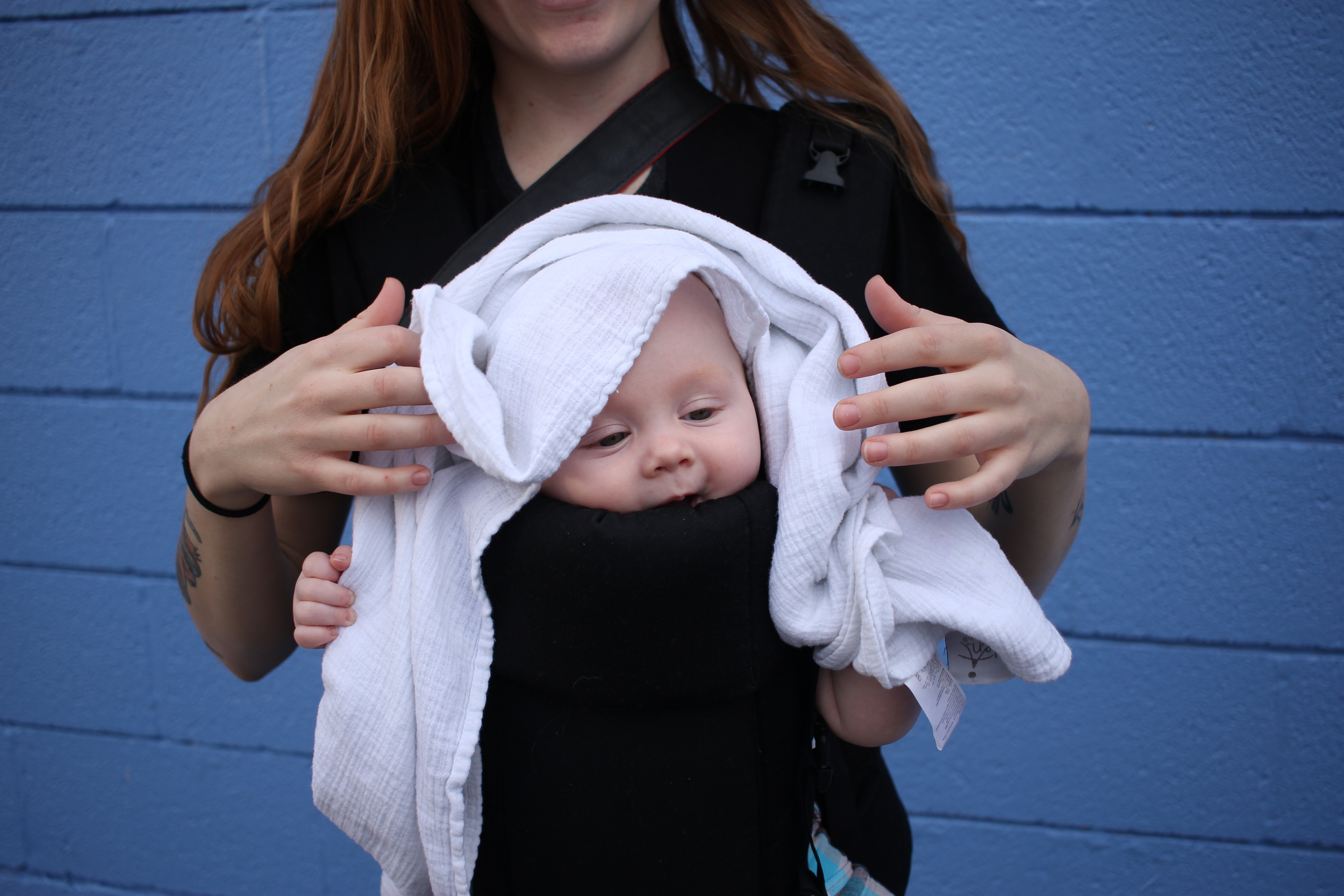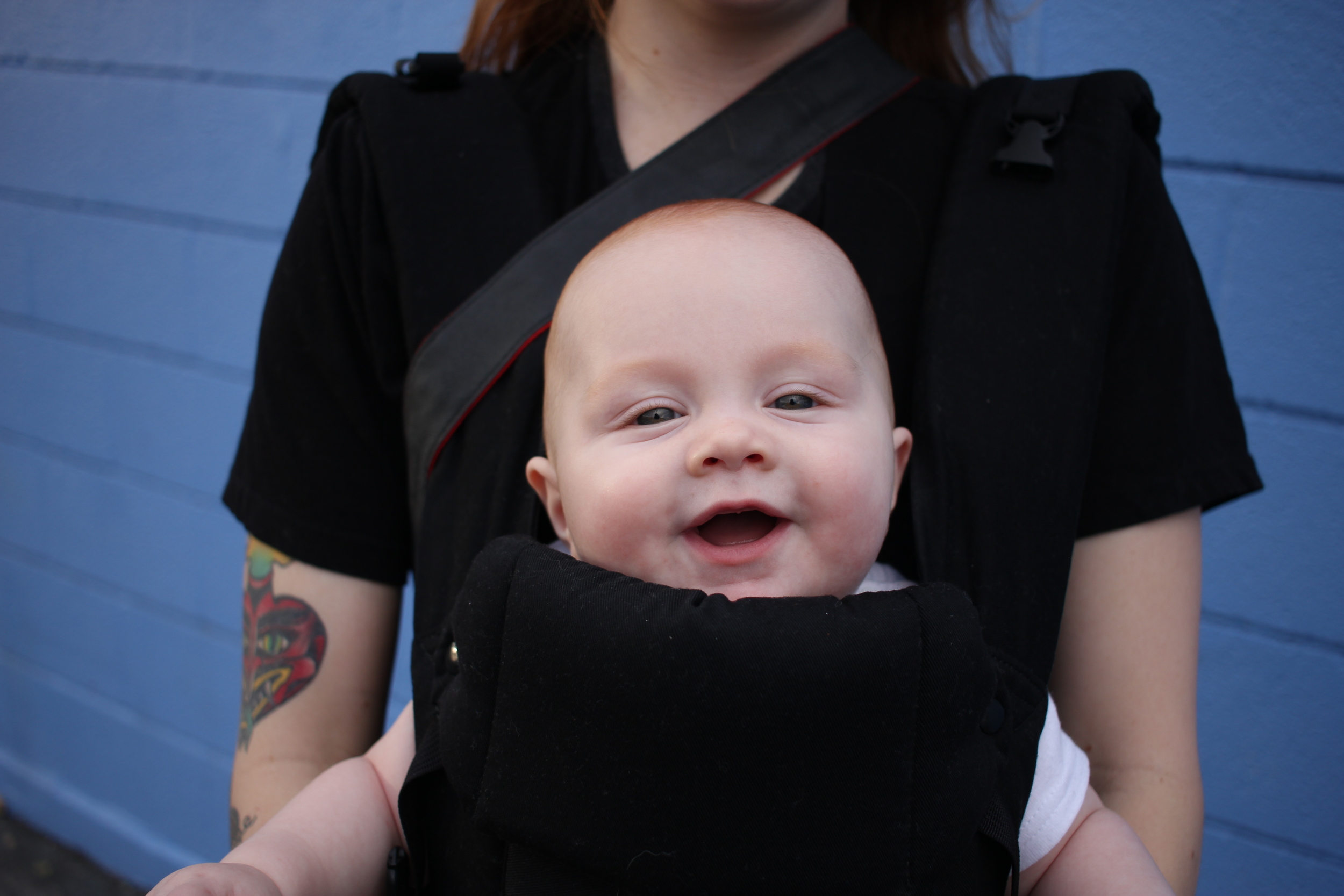Today, I am facing the reality of the consequences of my poor choices, the reality of the position I am in, and the reality of the choices I now face.
I am facing the fact that this is my last month in this room, and that I have to move back into my truck at the end of the month.
I don’t want to go.
I don’t want to do it.
I don’t want to live in my truck again.
Before I moved up here last year, I knew that it would be hard, but I did not understand the difficulty.
While I was in my truck this passed year, I knew it was hard, but I still did not understand it.
While I’ve been in this room, I’ve been in a space where my subconscious mind has allowed my conscious self to understand the difficulty. I could not allow myself to really know how bad it was while I was in it because I needed myself to get through it. So like any best friend, I skimmed over the darkness of the adversities and pulled myself through it.
But now that I’ve been in a room for the past couple of months, I’ve been facing it: the reality of how bad it really was.
During this time, I’ve been saying that the worst case scenario is that I move back into my truck, and that because it can’t get any worse than it was, it can’t get any worse. Ironically, I now must face that scenario: I must move back into my truck.
It is true that I can do it much better than I did over the last year. I will have a place to store things, so I don’t have to have everything I own with me in the truck, and now I have a roof box. It will be much more comfortable for certain; though, “comfortable” is hardly accurate.
As I cry to myself, “I don’t want to go back in there,” I kindly put my hand on my other hand as a way to hold my own hand, and I reply warmly, “You can do this. We’ll figure it out, together.” I remember what I wrote in that post about being kind to myself when there was no one else to comfort me. Here I am again, in that moment, being that kind and loving friend that I am to myself.
I wonder if this kind of interaction with myself will one day develop into a defined split, like my mother’s diagnosed split personalities, but I don’t think so. I am one whole person, perfectly in tact and sane, well-thought, and capable. Perhaps I am more brave than other people to interact with myself this way and still have confidence that I am not psychologically unstable; but I sincerely know that I am, on the contrary, extremely psychologically stable, and that it is perhaps what enables me to interact this way. It is this kind of interaction with myself that enables me to be as highly functioning as I am in these circumstances where perhaps most other people would lose it. Not to say that I don’t lose it sometimes, but when I do lose it, it is contained, calculated, and precise. I don’t really lose it; I just feel it, in moments: the weight of the grief I carry. And then I close that lid and keep on moving forward until everything gets too full and the lid falls off, again.
I think about my roommates who are building out a van to live in starting in the summer. I was like them once; I thought I knew how hard it would be, while at the same time knowing that I couldn’t know how hard it would be. It was more that I knew that it would be hard, and that I chose to commit myself to that difficulty without being able to understand it beforehand. I feel for them. It will be a truly rewarding and rich process in their lives, but it will test them just as this lifestyle has tested me, just as it tests everyone who chooses it. And I will be again tested as I transition back into my truck. With my own provided [emotional] comfort, I feel ready to embrace the preparation. Let it begin… again.












